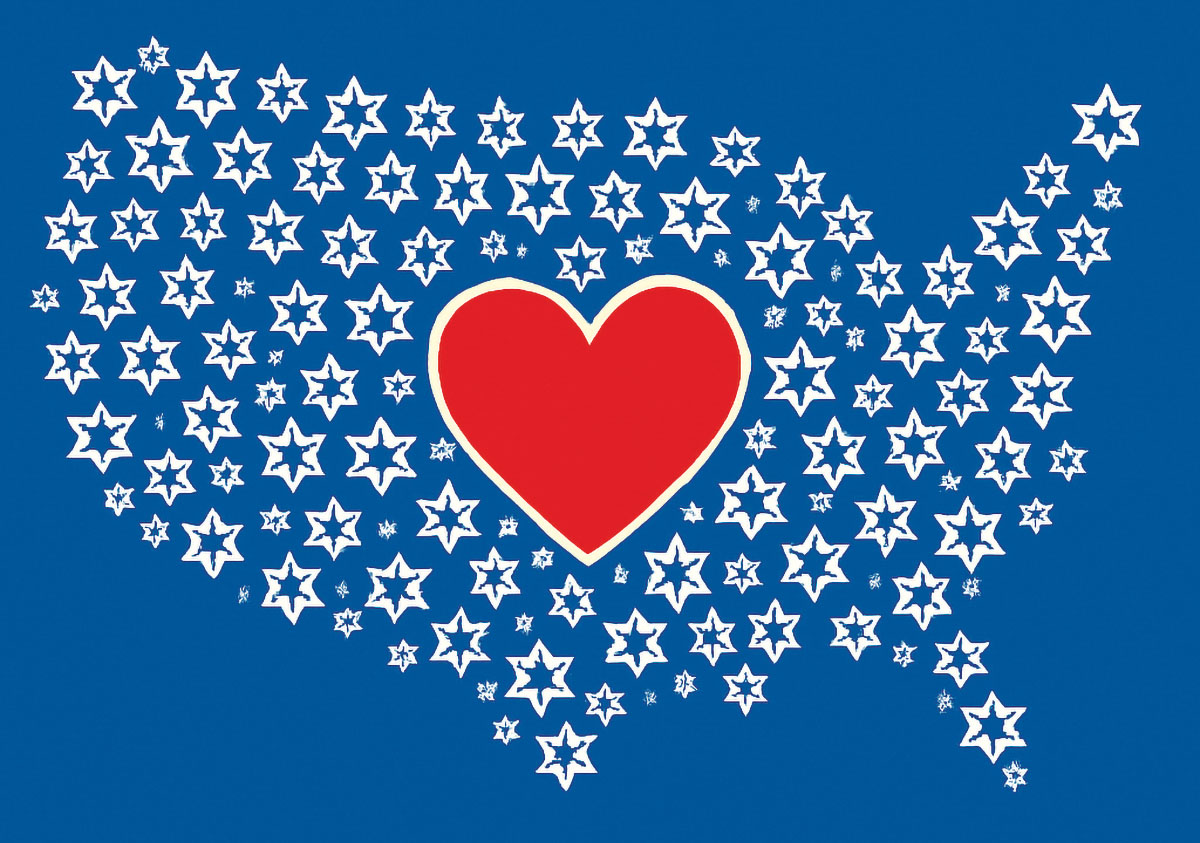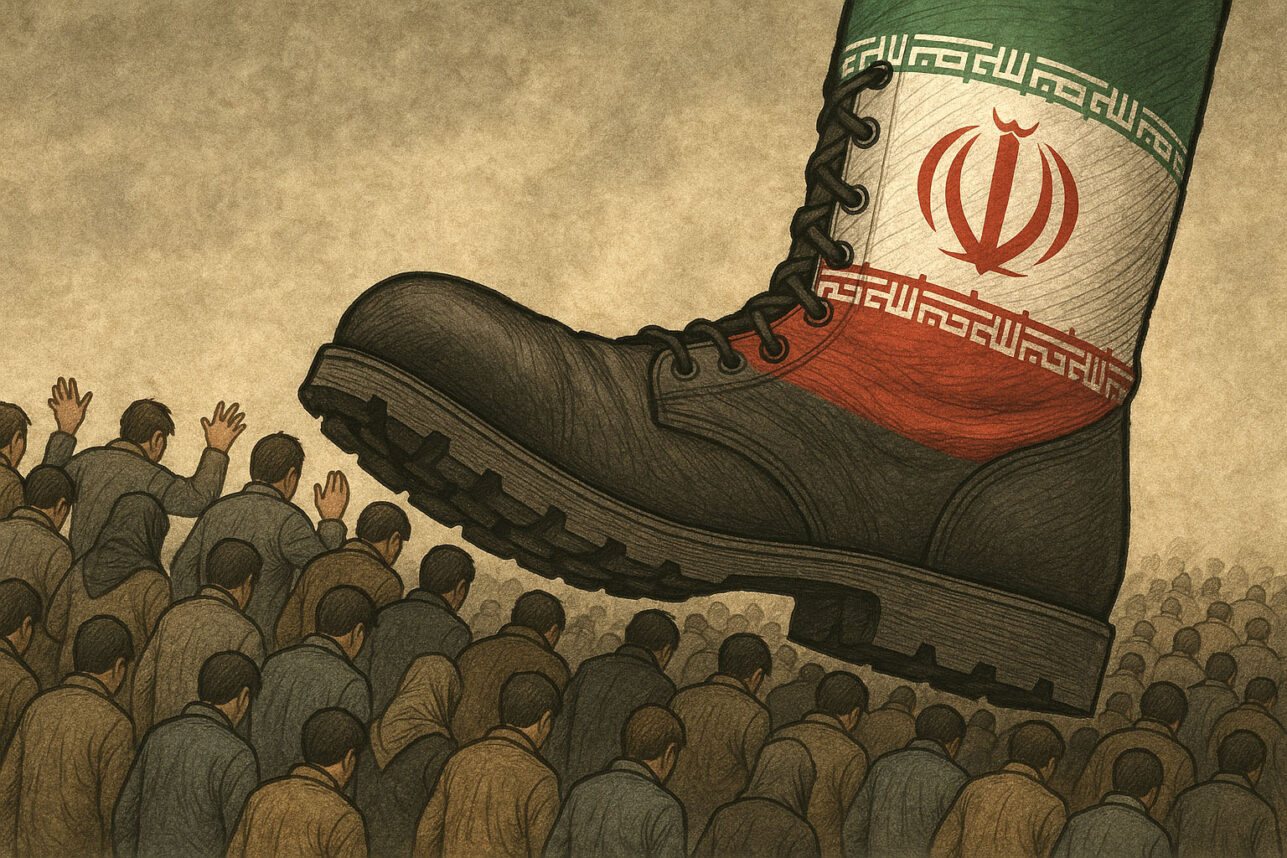David Shields, author of the hotly debated “Reality Hunger: A Manifesto,” has bewitched us once again with his innovative genre-bending meditation “How Literature Saved My Life” (Knopf, $29.95). Shields remains a mysterious man. He initially seems to be one part seducer, and another part con man and aging hipster, with just enough earnest integrity and soul searching passion to remind you of the boys we met ages ago in college who couldn’t stop talking about their search for “truth.” Shields is enthusiastic about writing but bored to tears with the majority of plot-driven contemporary novels that flood the marketplace and feel lifeless. He particularly dislikes the artificiality he finds littered throughout Jonathan Franzen’s lengthy books and resents the esteemed critic James Wood, whom Shields feels is hopelessly misguided and rigid in his assessment of modern works.
Shields wants to be at the forefront of a new form of literature that more accurately mirrors what it feels like to be alive today, living amidst the continual interruptions and chaos that characterize modern life, particularly in light of the new innovations in social media. His recent works no longer represent traditional novels in any way. Instead, he puts forth a collage-like narrative that blends his own autobiographical renderings within the context of a larger conversation that includes heavily referencing other people’s works and ideas. So his account becomes a dialogue of sorts between himself and others. He seems able to bounce effortlessly between time and space and memory. His assortment of remembered moments, intimate confessions, sudden epiphanies, and distant recollections reveal a serious mind always in search of higher ground.
Shields grew up an insecure child beset by stuttering and severe acne. He is the only son of journalists, and lived his formative years in a secular Jewish home in Northern California. His mother died of breast cancer while he was a junior at Brown University. His father lived until 98 but suffered greatly from serious bouts of manic depression and was very rejecting of young David. He still hurts when remembering his father’s response to his inquiry about what he thought about his writing. The old man replied, “Too bad you didn’t become a pro tennis player. You had some talent.” Although his life has been arduous, one senses a ferocity in Shields to overcome whatever obstacles come before him.
Shields’ quirky riffs impress us with their originality. For example, he writes about his uncomfortable realization that he shares too much in common with former President George Bush. Shields writes “It’s hard now to reanimate how viscerally so many people hated Bush just a few years ago, but looking back on him now, I remember him as a homebody, someone who doesn’t like to travel without his pillow, is addicted to eight hours of sleep a night; so am I. In India, he wasn’t sufficiently curious to go see the Taj Mahal. I must admit I could imagine doing the same thing. For his New Year’s resolution nine months after invading Iraq, he said he wanted to eat fewer sweets; he was widely criticized for this, but this was also my New Year’s resolution the same year. He pretends to love his father, but he hates him. He pretends to admire his mother, but he reviles her. Check and check…He just wants to be secure and taken care of and left alone — pretty much my impulses.” Shields’ cleverness is in showing us how by acutely observing what he dislikes in others he is more able to understand himself. His personal journey is not linear and insular but part of a larger fabric.
Shields does not shy away from more serious matters. He reprints for us a note he sent to his only child which reads “Email to my daughter, Natalie, eighteen, insulin-resistant and hypothyroid, who faced weight issues throughout high school: “I felt utterly isolated in high school and college (not part of any social scene), but over time my speech issues receded and I became the immensely social butterfly I am now.” We feel his pain for his daughter’s sorrow, his hope for her future, and his desire to help her.
But most of the time Shields is struggling with his own demons. This now ancient hippie is still asking the existential questions he struggled with as a young man wondering “What’s ‘true’? What’s knowledge? What’s ‘fact’? What’s memory? What’s self? What’s other?”
Shields believes new forms of writing can help bring forth clarity and revelation. He admires writers like Milan Kundera, Geoff Dyer, Sarah Manguso, David Markson, and W.G. Sebald whom he believes are following in this path. He welcomes the rawness and vulnerability of their prose, and their openness to their own confusions. There are some who may dismiss Shields’ work as merely a mask for narrative impotence, but many more will sense he is on to something. This self-appointed prophet encourages us to think and read in a different manner that seems impeccably suited to our changing times.
Elaine Margolin is a frequent contributor of book reviews to the Jewish Journal and other publications

































 More news and opinions than at a Shabbat dinner, right in your inbox.
More news and opinions than at a Shabbat dinner, right in your inbox.